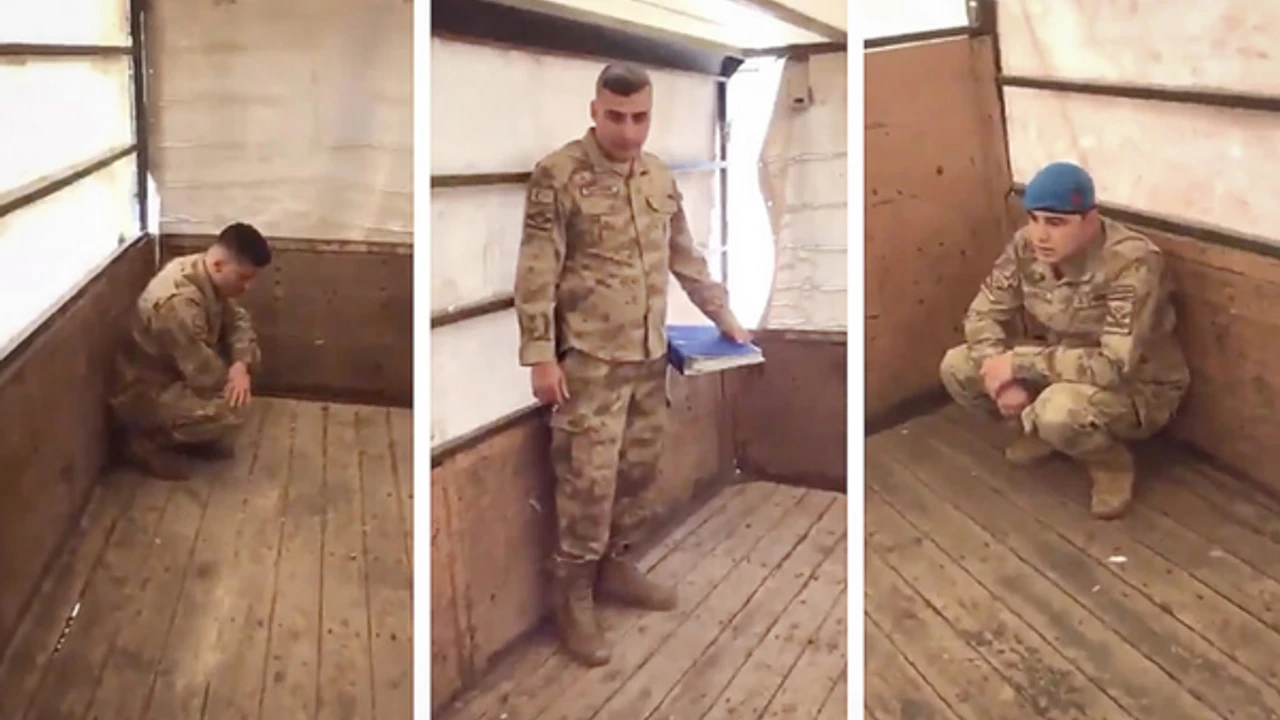Levent Kenez/Stockholm
An amendment to the Personnel Law of the Turkish Armed Forces that introduces new restrictions on social media use by soldiers was passed by the Turkish Parliament on Wednesday. The legislation aims to address security concerns following recent incidents of leaks and ambushes.
Under the new regulations, soldiers are now strictly prohibited from using social media platforms. The ban is intended to prevent the dissemination of sensitive information that could compromise military operations and endanger personnel. This move comes in response to several security breaches that have been attributed to the misuse of social media by military personnel.
Previous orders had already prohibited soldiers from using mobile phones capable of taking photos and video during military operations, with disobedience resulting in investigations for insubordination. However, this is the first time the military’s own disciplinary regulations are being amended.

With a new article added to the Personnel Law, it is now forbidden to publish “the military identity of oneself or another military member, military information, documents, location information, or any visual and audio materials containing any of these, such as pictures, writings, photos, audio recordings and videos, through radio, television, internet, social media, newspapers, magazines, books and all other media tools.”
Article 5 of the recently approved legislation regulates social media usage for military personnel:
According to military experts reached by Nordic Monitor, there have been ongoing issues regarding the use of mobile phones and social media in the Turkish army, particularly problems arising from conscripts fulfilling their mandatory military service. They mentioned that during Turkish military operations, especially in northern Iraq and Syria, soldiers have revealed sensitive information including the location of units, leading to legal action against some soldiers for insubordination.
Experts specifically said that videos on TikTok pose serious security vulnerabilities. They also noted that the interaction with these videos affects soldiers’ concentration and that the use of mobile phones at guard posts creates security issues. Additionally, they pointed out that TikTok videos depicting military operations are frequently shared by nationalist groups, creating a trend that impacts discipline within the ranks.

The regulation of social media use among soldiers is not only about security concerns. In the past, videos exposing poor conditions in soldiers’ barracks have frequently sparked controversy. Luxurious military lodges in major cities and comparisons with President Recep Tayyip Erdogan’s palaces have drawn criticism, highlighting the poor conditions for soldiers. Furthermore, transporting soldiers from one city to another using fruit trucks has also sparked backlash. Some soldiers had shared videos on social media showing them being transported in an unsafe manner, seated in the back of pickup trucks.

In December 2023, following two separate attacks by the outlawed Kurdistan Workers’ Party (PKK), which Turkey considers a terrorist organization, in the Hakurk region of northern Iraq, images surfaced on social media detailing the inadequate physical condition of the bases, including poor quarters and insufficient security measures. It was clear that these images had been captured by soldiers stationed in the area using their mobile phones.
The public outrage generated by these images led the Ministry of Defense to issue a directive banning the presence of mobile phones with recording capabilities in those base areas, except for authorized personnel. The videos released showed tents buried in snow. In a region where military logistics and delivery of aid are extremely challenging, the soldiers’ presence was questioned on social media, with calls for the government to provide answers. Additionally, it was claimed in the videos that the electronic systems at the bases were not functioning.
In 2020 a soldier who was doing his mandatory military service shared photos of himself in military uniform at an army unit on Facebook, leading to a legal case on charges of insubordination. The court acquitted the defendant, noting that no social media ban had been communicated to him. Following an appeal by the military prosecutor, the case was referred to the Supreme Court of Appeals, which overturned the verdict, stating that due to the absence of a directive on social media use, the soldier could not be held accountable.
Under the new legislation, soldiers and officers can be required to comply with social media regulations without the need for separate notification.












